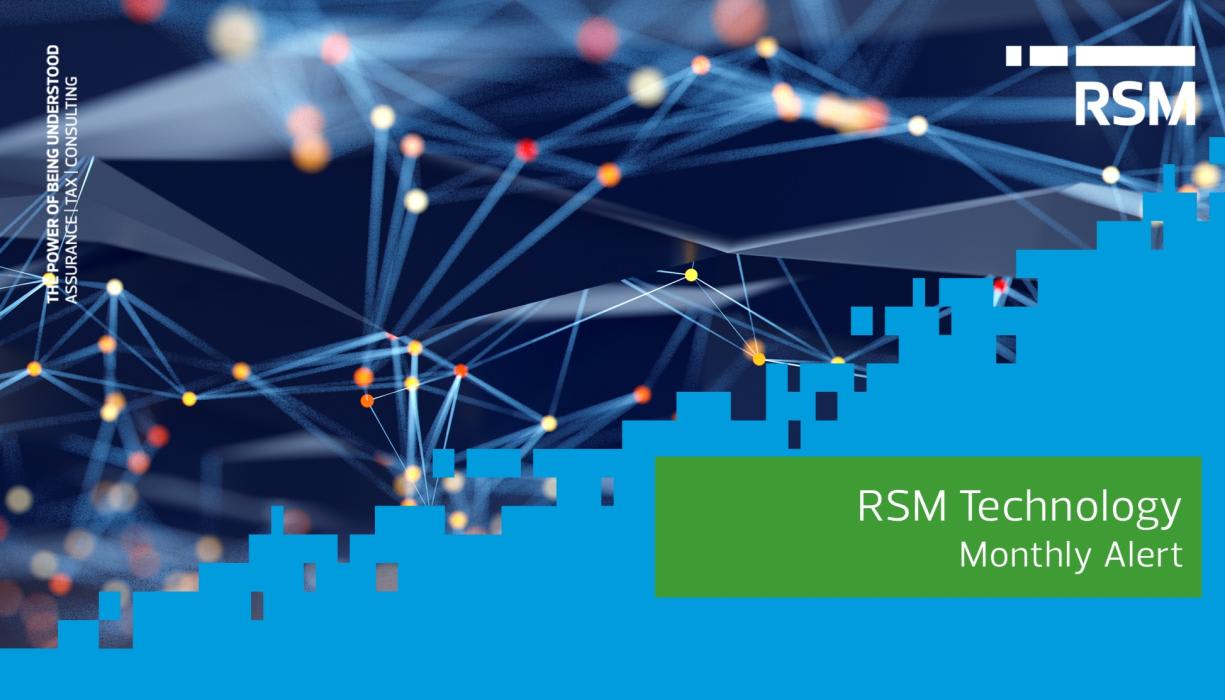|
HP unveils AI-driven innovations with HP Print AI at 2024 Imagine event At the HP Imagine event on September 24, 2024, HP introduced HP Print AI, a new set of AI-driven features aimed at enhancing printing for home, office, and large-format use. The technology offers solutions like reformatting web content for better print layout, AI-powered setup and support, and enhanced document scanning capabilities through the cloud. HP also emphasized how AI is being integrated across its product lines to improve workflows, collaboration, and employee experiences. These innovations reflect a broader trend of AI adoption, with businesses increasingly relying on AI to boost accuracy, security, and efficiency in document management and printing processes. Amazon tests automated mini warehouses in Whole Foods to streamline grocery shopping Amazon is testing the integration of automated mini warehouses, or micro fulfillment centers, within Whole Foods supermarkets to enhance the shopping experience and attract more customers. This new store format allows shoppers to browse Whole Foods while ordering items from Amazon's online store, including products not typically available at Whole Foods, such as Pepsi and Kellogg's. The aim is to streamline grocery shopping by enabling customers to complete all their purchases in one visit, thereby reducing the need for multiple trips to different stores. This initiative is part of Amazon's broader strategy to increase its share of the competitive grocery market, where it faces challenges from established retailers like Walmart, Kroger, and Albertsons. |
 |
NetSuite introduces new AI-powered features at SuiteWorld 2024 At SuiteWorld 2024, NetSuite announced a range of new AI-powered features designed to enhance process automation, financial insights, and decision-making across businesses. Key updates include AI-driven financial exception management to detect transaction anomalies, improved bill capture with OCR for global vendor bills, and generative AI to automate narrative financial reporting in Enterprise Performance Management (EPM). New AI assistants in SuiteAnalytics and Analytics Warehouse will simplify data analysis by generating visualizations and summaries from text prompts, and out-of-the-box AI models will help businesses predict customer churn and inventory stockouts. SAP TechEd 2024: introducing AI innovations and enhanced capabilities with Joule At the SAP TechEd 2024 conference, SAP introduced significant AI advancements centered around Joule, its generative AI copilot. These innovations include collaborative AI agents designed to tackle complex, cross-disciplinary tasks and the SAP Knowledge Graph, which enhances data decision-making by connecting SAP data with rich business context. Joule now supports 80% of SAP’s most-used business tasks, increasing productivity by automating workflows in areas like dispute management and financial accounting. Additionally, SAP unveiled new tools for developers, such as generative AI capabilities in SAP Build, while celebrating the fulfillment of its goal to upskill 2 million people by 2025. These innovations aim to transform business operations, leveraging AI to drive growth and efficiency. |
 |
Rising threats: over 200 malicious apps found on Google Play Store targeting mobile users A recent report by Zscaler ThreatLabz revealed that over 200 malicious apps on the Google Play Store, which were downloaded nearly eight million times, pose a significant threat to mobile users. Threat actors are using tactics such as phishing and fake login pages to bypass multifactor authentication (MFA), as well as QR codes to spread malware like Anatsa, which targets banking apps globally. Notably, the malware family "Joker" was identified as the most prevalent, responsible for 38% of malicious apps, while adware and credential-stealing applications made up 35% and 14%, respectively. Although Android malware transactions have decreased since mid-2023, Zscaler continues to block an average of 1.7 million Android malware attempts monthly, with the highest targets located in India, the U.S., and Canada. North Korean group ScarCruft exploits Windows Zero-Day vulnerability to deploy malware The North Korean threat actor ScarCruft has exploited a now-patched zero-day vulnerability in Windows to infect devices with the RokRAT malware. This vulnerability, which has a CVSS score of 7.5, is a memory corruption issue in the Scripting Engine that allows for remote code execution when using the Edge browser in Internet Explorer Mode. Microsoft addressed this flaw in its August 2024 Patch Tuesday updates. However, successful exploitation requires the attacker to persuade the user to click on a specially crafted URL to execute the malicious code. Consequently, users are urged to regularly update their operating systems and security software to mitigate risks associated with these evolving threats. |



